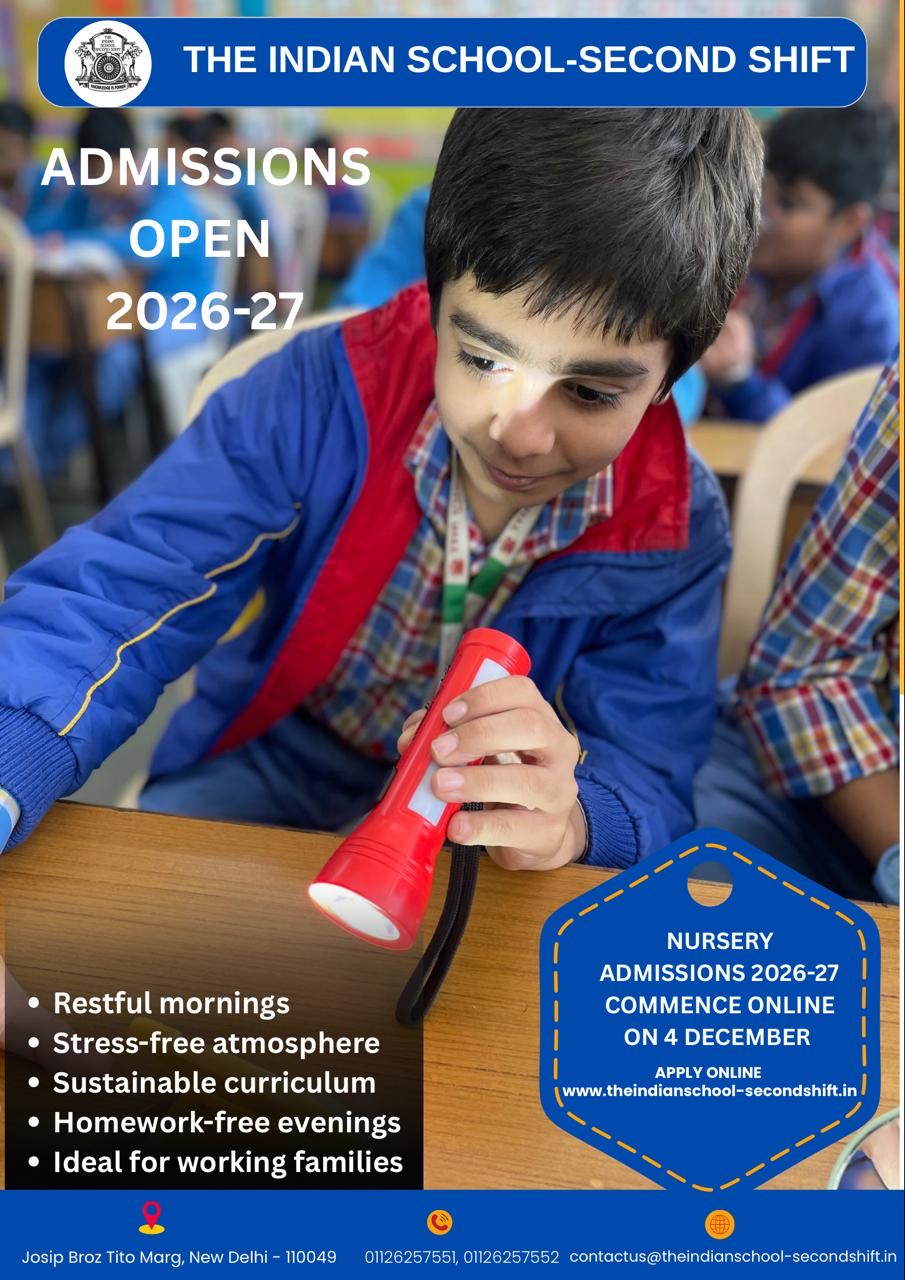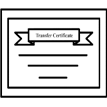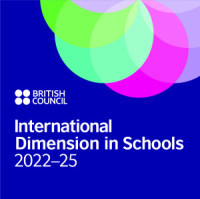Teacher training webinar on Critical Thinking skills
"Too often we give children answers to remember, rather than problems to solve." - Roger Lewin
As educators, we often hear about the importance of teaching critical thinking skills to our students. What we hear less, however, are the most effective techniques for teaching those skills and how teachers can implement them in the classroom.



On December 17 , 2020, a webinar on ' Critical Thinking ' was conducted by Ms Minakshi Kushwaha, Principal, Birla Vidya Niketan, for the teachers of classes I to VIII of The Indian School and The Indian School-Second Shift .
The speaker began the webinar by explaining the meaning of critical thinking. With the help of examples, sheelucidated that, both critical thinking and creative thinking share a dynamic and inter dependent relationship. She explained that critical thinking can be learned, taught and measured but one must remember that children are not born to think critically nor do they develop these skills naturally.
Ms Kushwaha posed various questions- Is a person’s IQ fixed at birth? Should we not increase the difficulty level of questions/teaching/syllabus in order to develop thinking skills? She emphasised that children should not readily accept what the teacher says but learn to scrutinise it internally quite like a lawyer . She gave the example of how Newton’s Law of Gravity was discovered.
Ms Kushwaha suggested various tools that can be used to ingrain skills of critical thinking in children. Some of these are, providing options in the Multiple Choice Questions (MCQs) that are all close to the correct answers; asking open-ended questions like, What if Mary didn’t have a lamb? etc. She stressed on using case studies and character analyses to help students learn from the qualities of others.
Ms Kushwaha elaborated upon certain 'styles' used for testing and enhancing critical thinking. These comprise, throwing challenges ro the class using negative statements, using exercises of 'match the following', inference exercises, etc so that the children learn to think 'out of the box' . The teacher must enjoy composing challenging questions to produce creative and innovative students.
In the end, the speaker summed up the important points to be kept in mind on the topic, even as she patiently answered queries of the attending teachers.
It was indeed an informative session.













